The one and Leone: What made Red Dead Redemption so special?
From the archive: Marston's pedigree.
Editor's note: Enjoying Red Dead Redemption 2 this weekend? We thought, upon the release of Rockstar's sequel, it'd be a good time to return to Nathan Ditum's wonderful retrospective of the original, first published in July 2016. Enjoy!
For a few moments at the beginning of Red Dead Redemption it's unclear just what kind of Western we're in. A paddle steamer comes in to dock at a place called Blackwater, wistful piano drifting over a bustling crowd impatient to step into the promise of the frontier. But then we catch a glimpse of our hero John Marston, flanked by two men, and - twang - a jarring, sleazy Morricone note tells us that we are in a Spaghetti.
Spaghetti Westerns are a perfect fit for Rockstar Games. The Spaghettis were, after all, a negotiation of American-ness from afar, a stripped down take on the founding myths of an immigrant nation as perceived by Europeans who never made the journey. "It is a great shame if America is always to be left to Americans" said Sergio Leone, director of the most famous Italian Westerns, articulating a philosophy that just as well applies to Rockstar, who make games about America from a half-in, half-out position of intimate distance.
Red Dead arrived sandwiched in between two of these games, GTA 4 and GTA 5, both developed primarily in Edinburgh at Rockstar North while Red Dead was underway in San Diego. As a pair these Grand Theft Autos are the culmination of Rockstar's years-long fascination, as seen in everything from Midnight Club to Manhunt, with the culture and geography of America, both of which are essentially devoured whole and then regurgitated as seething, super-real coastal cities. GTA 4 is a classic tale of immigration, of New York harbouring huddled masses and shotgun capitalism enabling self-made dreams. GTA 5, meanwhile, is a bewilderingly accurate look at the somehow fabricless city of Los Angeles, site of America's illusion industry, the last resort of dreamers and criminals.
Landing in the middle, Red Dead is both of a piece with GTA and not. The game's systems and style are instantly familiar - the shooting, the talking, the swaggered walking. But actually it's more like GTA in negative - not about cities, but the land itself, that vast and stubborn scrub familiar to anyone who's ever stood outside a city in the South Western United States and wrestled with the horizonless size of the place: more of it than can be imagined, but not enough to stop men fighting each other for it anyway.
In GTA the city is everything, layers of concrete and steel arranged in occasionally functional, occasionally beautiful strips, tunnels and towers - constructs that we exist utterly inside of. In Red Dead even the biggest towns sit on top of the earth, timber balanced on dirt floors with dirt in between, seeds for the all-encompassing cities that will follow. As a consequence so much of the game is just you and the land (and your horse, in this America before the age of the automobile) whether it's patrolling the perimeter of the McFarlane farm or, more likely, riding out from mud-plank town to mud-plank town, watching the sun in the sky, hearing the wind over the trample of hooves, forced into a constant reckoning of the scale and potential of America. Remember when Marston reaches Mexico and the game plays you a pretty Jose Gonzales song as a reward? It's like it's soundtracking the movie that you're playing about you and the ground beneath you, a perfect moment for a game that's so often about stepping back from action instead of getting lost inside it.
If you're struggling to think of a touch as sophisticated as this in any GTA, it might be because Red Dead benefits from being a period piece, which seems to somehow curb the worst of Rockstar's occasional excesses. Yes, you can make Marston steal, or murder, or shoot a horse point blank in the head so it collapses too fast like a heavy meat weight (although - for your own sake - don't) but there's still a dignity and seriousness to the presentation which just can't exist in a world containing internet cafes called Tw@.
A lot of this has to do with Marston himself. Marston's story is one of redemption, and in that way already more noble than anything else Rockstar has done. He has the fatalism of a Cormac McCarthy hero (an author with a thousand relevant quotes about fathers and horses) and is just the order of man that Cheyenne describes, in Leone's Once Upon A Time In The West, as having "...something inside, something to do with death." He's stubborn, polite, tough, scarred, patient, and doomed. He's proper in a way that suggests a man who's thought his way from cruelty back to kindness, to his life's own second act.
Of course, he does not get a third.
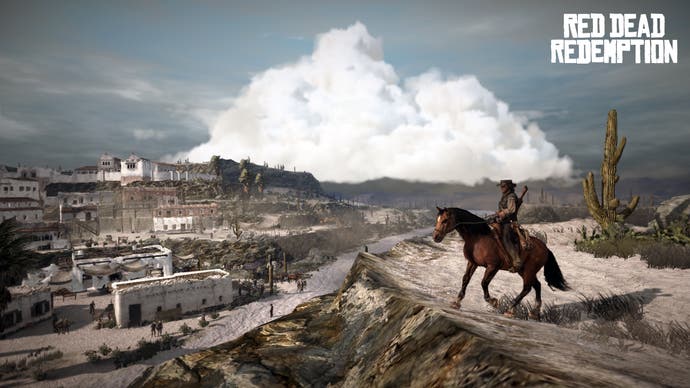
(Huge spoilers follow)
There comes a point in Red Dead Redemption where the game doesn't end. And then it goes on not ending so that, like a shot in a film that is held for too long, it announces something darker is on the way. Marston makes it home from his enforced bounty-hunting (the Feds made him do it - in this perfectly American story, the ultimate villain is, of course, the government) and the game has us farming for the best part of an hour. Herding. Hunting. Stepping back from the action and living a life, getting to know the family Marston's past has stopped him from being with, until the past returns again to finish him off.
Here, at the climax, we are post-Spaghetti and back to American reactions to the Italian Western. The end has both the violent abandon of a Sam Peckinpah - Marston slaying impossible waves of horsed invaders, a grim choreography of slowed, contorted bodies - and the hopeless, defiant last stand of Butch and Sundance, except this time with blood-hacking reality replacing their glorious, immortalising freeze-frame.
Marston has to settle for a different sort of immortality, a retribution, delivered by his son in a final act that's initially jolting and ultimately satisfying - myths of founding fathers, after all, are about the futures they provide for their children). But perhaps the best answer to why Marston had to die is given by the McCarthy quote that I will finally roll out now, thank you - because if you weren't thinking of McCarthy the whole time you were playing Red Dead then you were playing it wrong, and because it says almost everything about Marston in just a few words.
"You think when you wake up in the mornin yesterday dont count. But yesterday is all that does count. What else is there? Your life is made out of the days it's made out of."
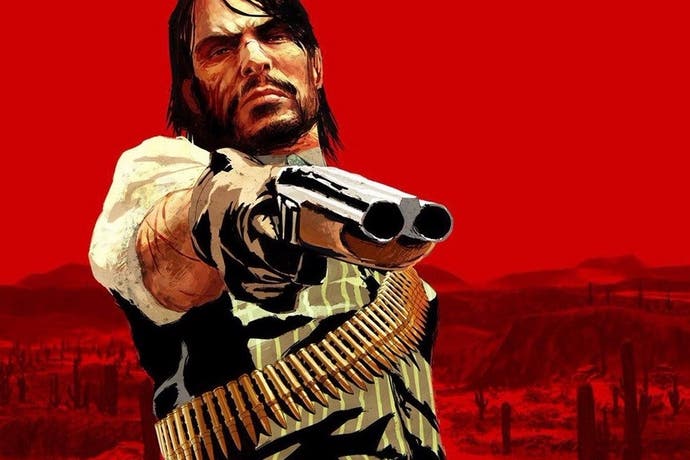

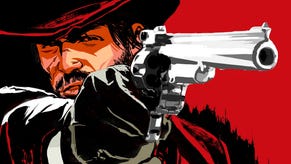
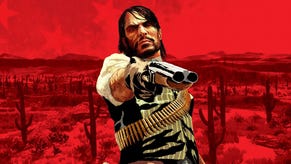
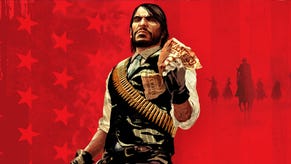
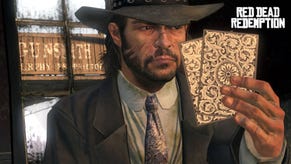
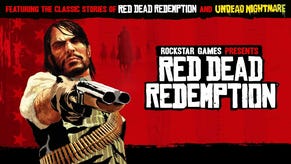
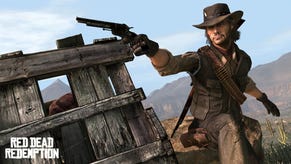
.jpg?width=291&height=164&fit=crop&quality=80&format=jpg&auto=webp)







